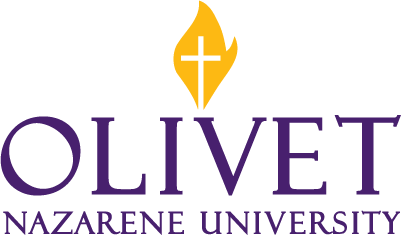Wednesday April 24, 2024
Washington News

Maximum Benefit From Home Energy Credits
Most of the new benefits are under the Energy Efficient Home Improvement Credit (EEHIC) or the Residential Clean Energy Credit (RCEC). Homeowners or renters may benefit from these credits if qualified improvements are made to the residence. Landlords are not qualified to claim the credit. The specific qualifications are explained at IRS.gov/HomeEnergy.
1. Energy Efficient Home Improvement Credit
The EEHIC may produce up to $3,200 in benefits per year. It became effective on January 1, 2023 and is scheduled to last for the next decade. The credit is 30% of qualified energy efficiency improvements, up to $1,200 for home improvements, with certain limits that may include $250 per door ($500 total), a total of $600 for efficient windows and $150 for a qualified home energy audit. There is an enhanced credit of up to $2,000 for qualified heat pumps, biomass stoves or biomass boilers.
2. Residential Clean Energy Credit
The RCEC is intended to encourage energy production improvements in a main home. These could include solar photovoltaic panels, solar water heaters, a wind turbine, a geothermal heat pump or battery storage technology. The solar water heater must be certified by the Solar Rating Certification Corporation. A geothermal heat pump must meet the Energy Star requirements. A storage battery must have capacity of three kilowatt hours or more. There is no annual or a lifetime dollar limit on these energy production improvements. The tax credit is scheduled to be 30% each year until 2033.
Both credits are nonrefundable, which means that the credit amount will not be refunded if it exceeds the tax payable. While the EEHIC may not be carried forward, the RCEC may be carried forward and applied to reduce taxes in future years.
Previous Articles
Senators Advocate Expanded IRS Tax Software
Late Filers Can Save Interest and Penalties









